13 min read
Is your team vibe feeling off? How to reset your team dynamics
As teams return from their summer (or winter) break, you may notice subtle shifts in your team’s energy. Even if the end of year was positive, a new...
Develop leaders, strengthen executive teams and gain deep insights with assessments designed to accelerate trust and performance.

Transform how your leaders think and perform with keynotes that spark connection, trust and high-performance cultures.

Explore practical tools, thought-leadership and resources to help you build trusted, high-performing teams.

Trustologie® is a leadership development consultancy founded by Marie-Claire Ross, specialising in helping executives and managers build high-trust, high-performing teams.

4 min read
Marie-Claire Ross : August 6, 2024
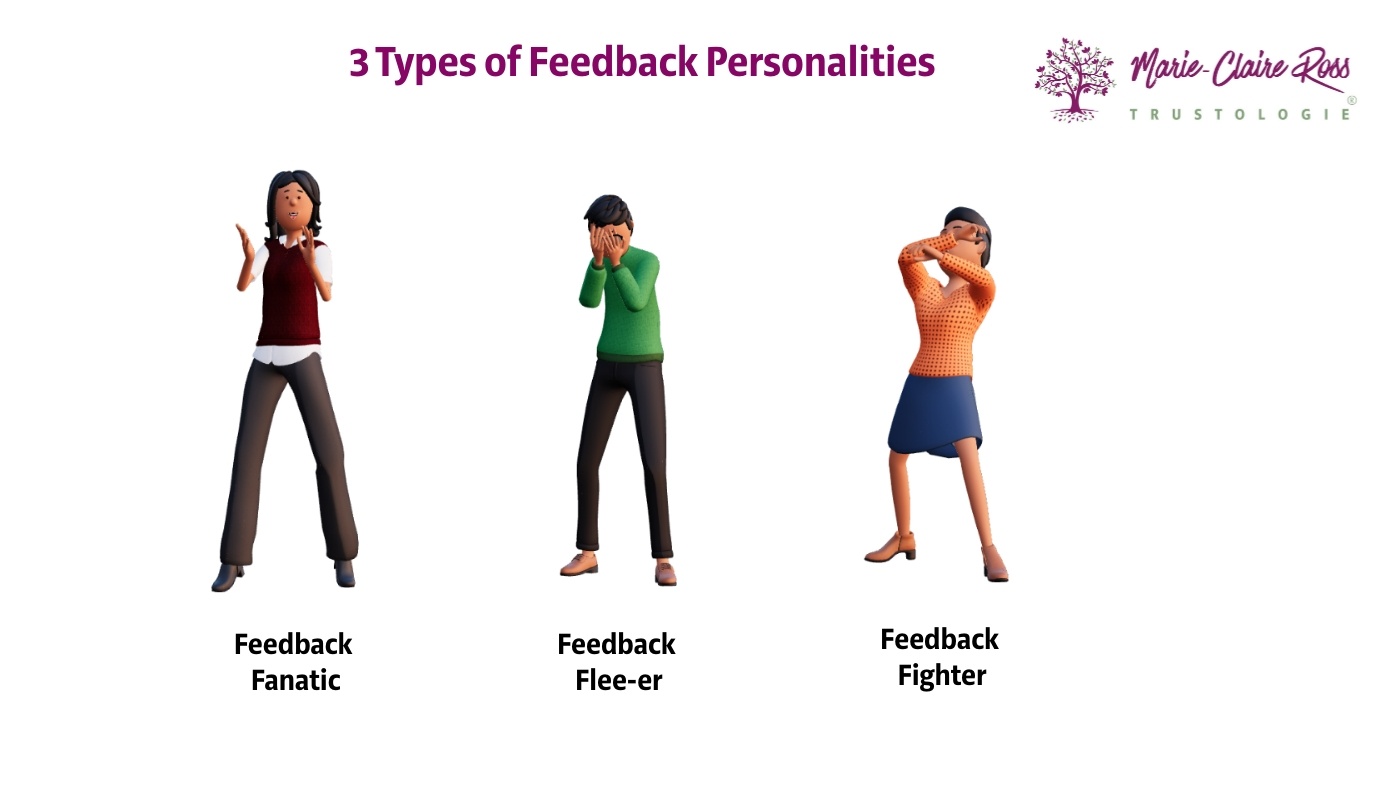
Successful leaders understand that a one-size-fits-all approach rarely yields results when it comes to enhancing the performance of individuals within their team.
It can often be challenging to provide feedback in the right way for each team member so that they run with it, rather than oppose it.
When it comes to giving feedback, I have found that there are three main ways to distinguish how employees receive feedback.
Let's take a look at some steps to deal with each of these team members.

We all appreciate collaborating with those who eagerly embrace and act upon feedback. The advantage for you is that minimal groundwork is needed to prepare them for receiving feedback. While they may take a moment to digest the information, their standout quality lies in their ability to incorporate it effectively and take action.
You can easily spot a feedback fanatic in your team when they actively seek regular feedback on their performance. They crave insights that propel their skills and potential forward. Employee feedback plays a crucial role in boosting engagement, with Gallup data revealing that 80% of employees who receive meaningful feedback weekly are fully engaged in their work.
These types of hungry employees thrive on receiving fast feedback - feedback that is given quickly and frequently. This involves sharing what you observed and getting them to share what they could do differently next time.
For example you might say "I noticed during the presentation you gave this morning that during the Q&A section your explanation on the budget estimates was a bit confusing. What would you do next time?"
Pause for a moment and allow them to absorb the feedback.
When you are working with a feedback fanatic, they will most likely be aware of this issue and will already be working out a solution in their head.
For example their reply might be: "I could have been better prepared for that question. Next time, I plan on spending more time understanding the numbers so I can be really clear on how they were formulated."
Make sure you thank them for their work and offer to support them whenever they need.
Of course, not everyone is self-aware or self-directed. There are those that you have to treat with more care and forethought.
There are some team members that react quite emotionally when receiving feedback. Tears are shed, they act fearful the next time they see you or worst case scenario they need a few sick days to recover.
When giving feedback to someone who is scared of receiving it, you need to do a lot of groundwork first.
This means spending time in one-on-one's working with them on exploring how they best like to receive feedback.
Then, when it's time to provide feedback, make sure its face to face. Here are some things to consider:
Here’s an example of how you might structure the conversation:
I really appreciate the effort you put into your work and wanted to discuss a few things that could help us collaborate even better.
First, I want to commend you on [specific positive behavior]. Your [positive attribute] really stands out and makes a significant impact.
There’s one area I think we can improve together. I noticed [specific behavior], and I think it might help if [constructive suggestion]. For example, [provide a specific, actionable step].
I understand that receiving feedback can be daunting, and I want you to know that my goal is to support you and help us both succeed. How do you feel about this?
Employees who get defensive, abusive or even malicious when they receive feedback are what every leader dreads when it comes to giving feedback.
One of the jobs of a leader is to improve performance. It's not about making people feel better when you give them important feedback. After all, you have no control as to how people accept feedback. You can only control how you deliver the information - keeping it clear, unbiased, compassionate and fair.
It's important to work with them on receiving feedback, before you need to. That way you can clear up any misunderstanding and work with them to provide it in the right way for them.
Here is an email-based approach that acknowledges their feelings, emphasises your positive intentions, and invites them to share their preferences for receiving feedback. Giving them forewarning of this conversation will work towards building trust:
Hey [Colleague's Name],
I wanted to have a quick chat about something I've noticed. First, I want to emphasise that I really value the work you do and appreciate your contributions to our team. I noticed that when we discuss areas for improvement, it sometimes feels like you get a bit defensive, and I totally understand that receiving feedback can be challenging.
My intention is never to criticise but to help us all grow and succeed together. I think it would be beneficial if we could find a way to make these conversations more comfortable for both of us. How do you prefer to receive feedback? What can I do to improve my approach to make it easier for you to accept feedback?
Let's work together to make this process constructive and positive. I'm open to any suggestions you have on how we can improve our communication. Are you available on Thursday at 2pm to share with me what will help you?
Learning to work with each individual on your team to provide them with the feedback they need, and the way they need it is important for your team's performance. Everyone is different. Younger employees, those who are neurodivergent and mature employees all require a different style and approach.
If you want to learn a process on how to trust an under performing employee, I have a free training webinar coming up. You can register here: 5 Steps to Trusting an Underperforming Employee.
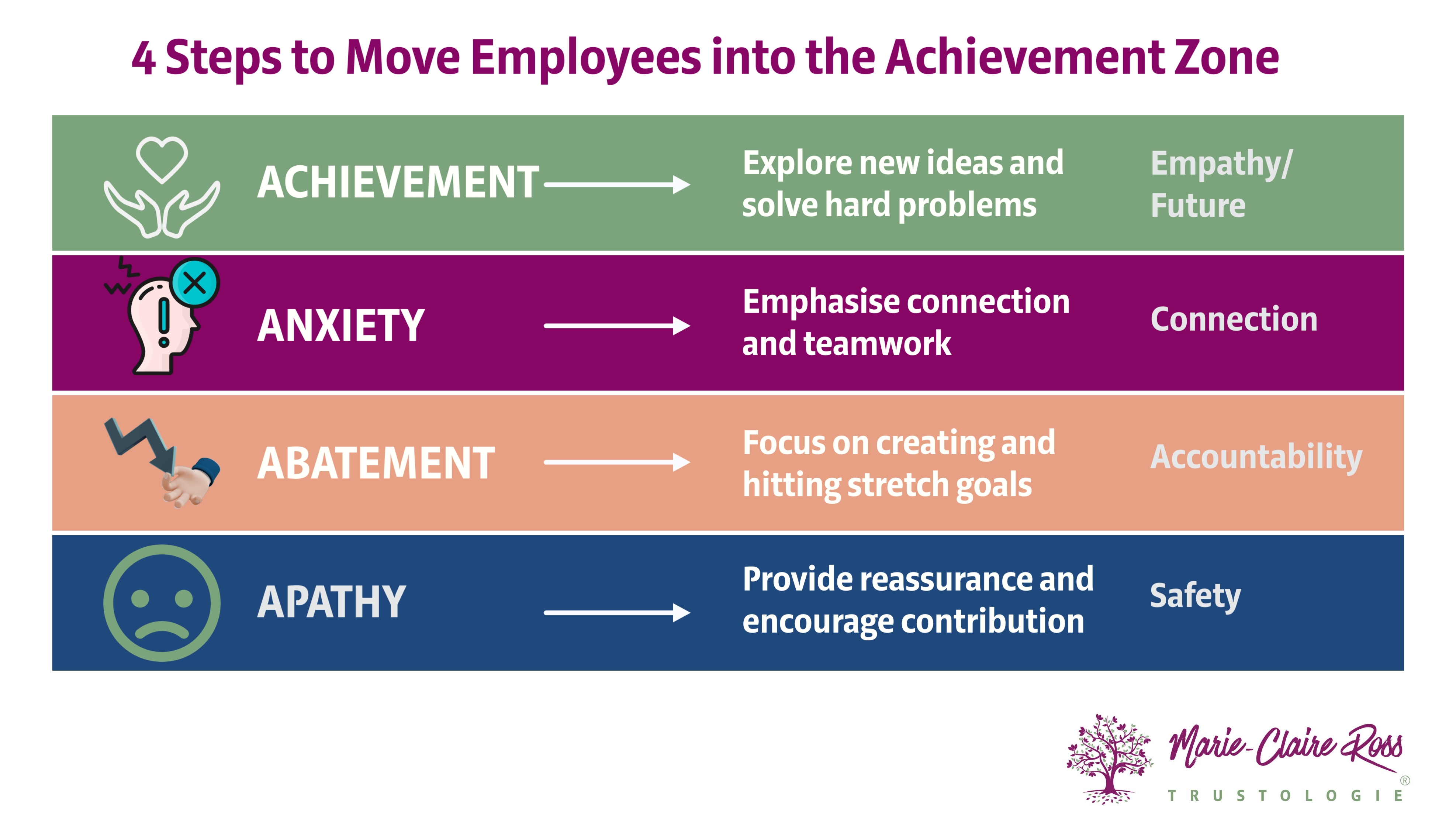
13 min read
As teams return from their summer (or winter) break, you may notice subtle shifts in your team’s energy. Even if the end of year was positive, a new...

14 min read
The workplace is evolving at a pace few previous generations have seen and 2026 will mark a turning point. The Future of Work is blended, not hybrid....
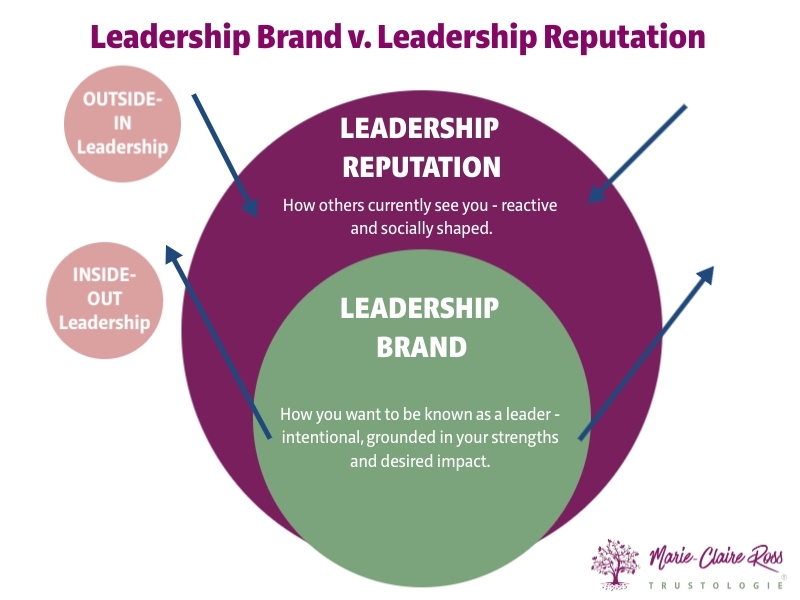
5 min read
Many leaders jump into a leadership position excited by the opportunity to help others and perform at a higher level.
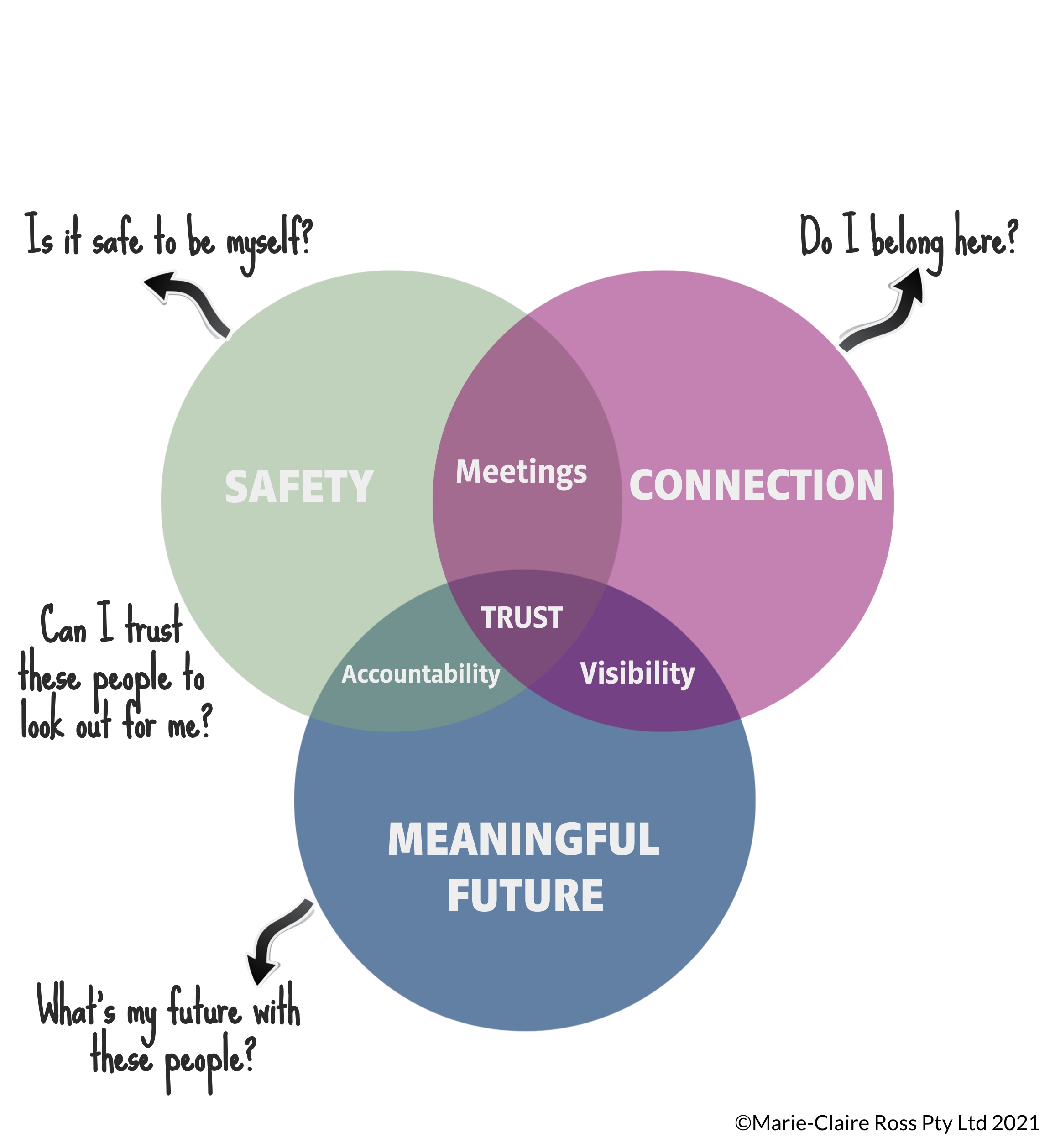
In today’s fast-paced world, we often don’t have the luxury of time to build trust for time-sensitive projects. The ability to react quickly and...
In my research with high performers, one of the stand out themes was their confidence in tackling a difficult conversation. While none of them felt...
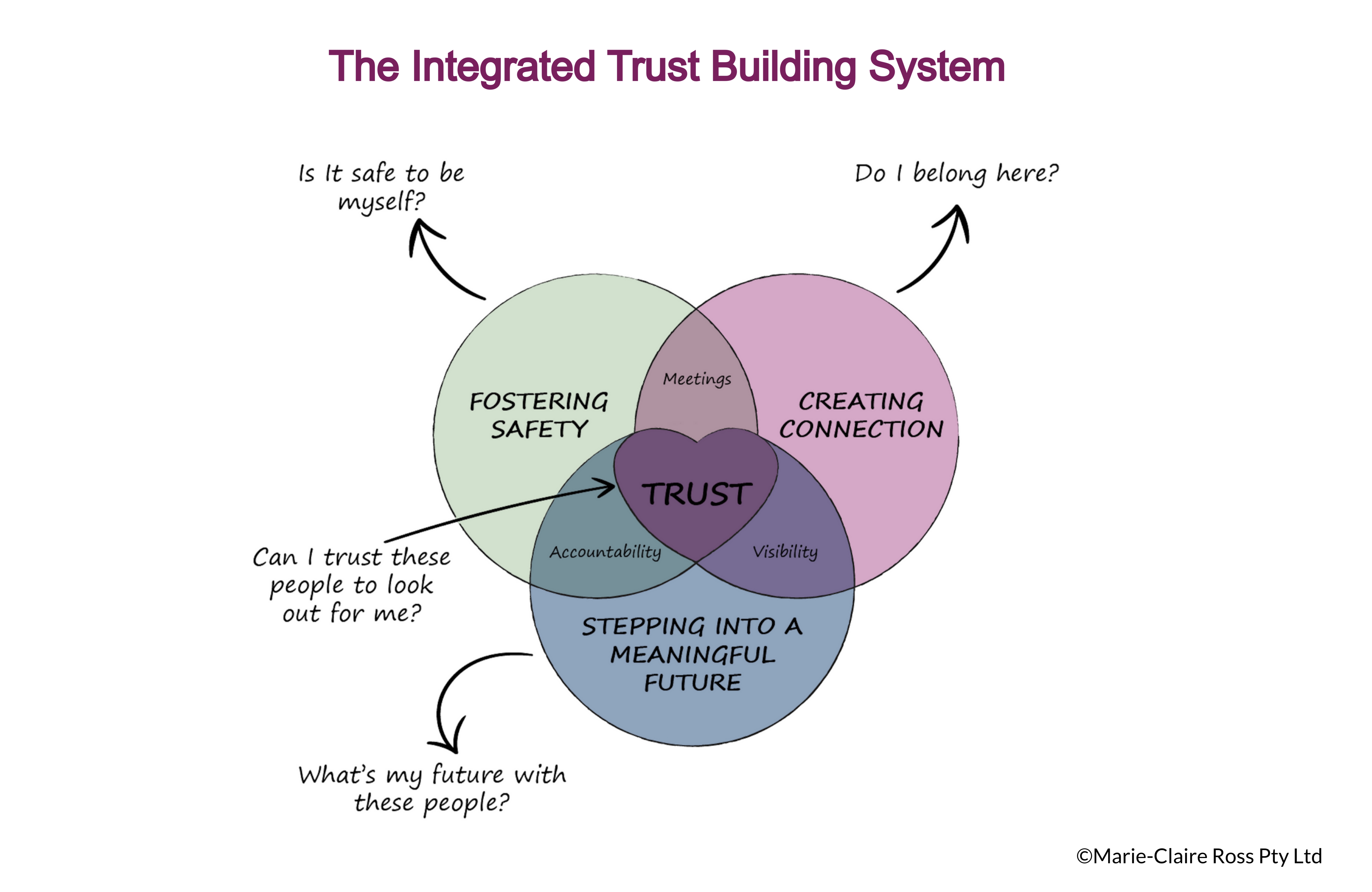
Trust is often easy to build within teams.